Citroen 2CV 4×4 Sahara
In contrast, you can still find a twin-engine Citroen 2CV in Western Europe — one is currently for sale in France. It’s not cheap at €79,000, but that’s reflective of its rarity: only 694 units were produced between 1960 and 1971.
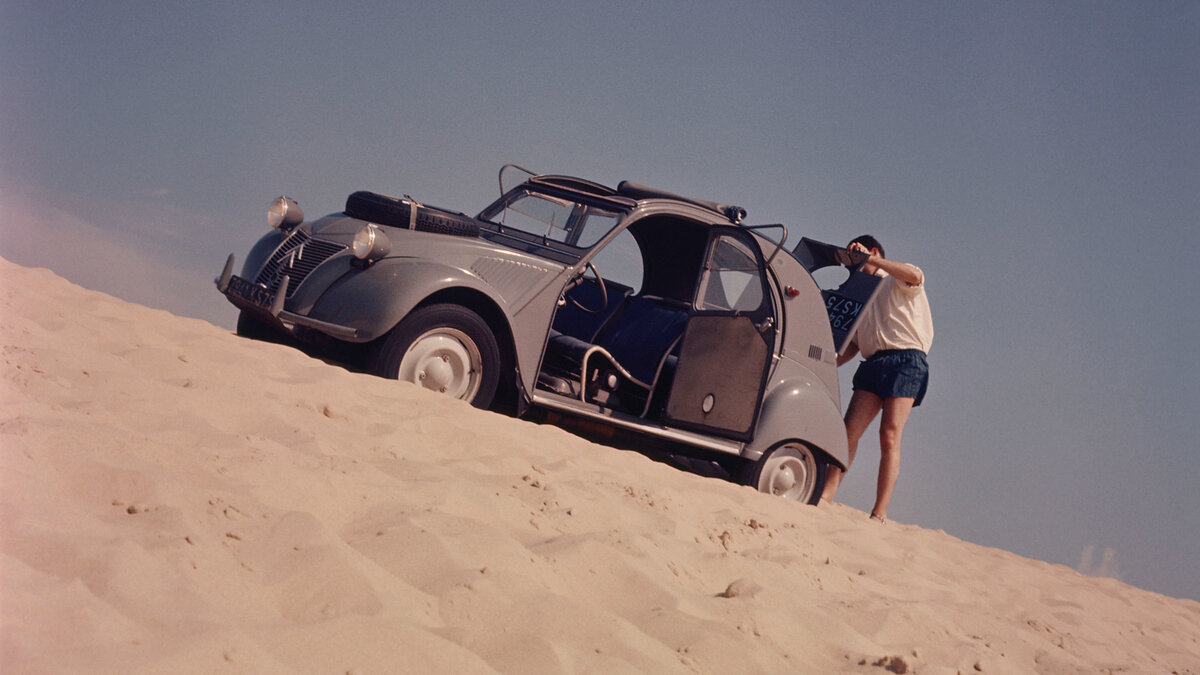
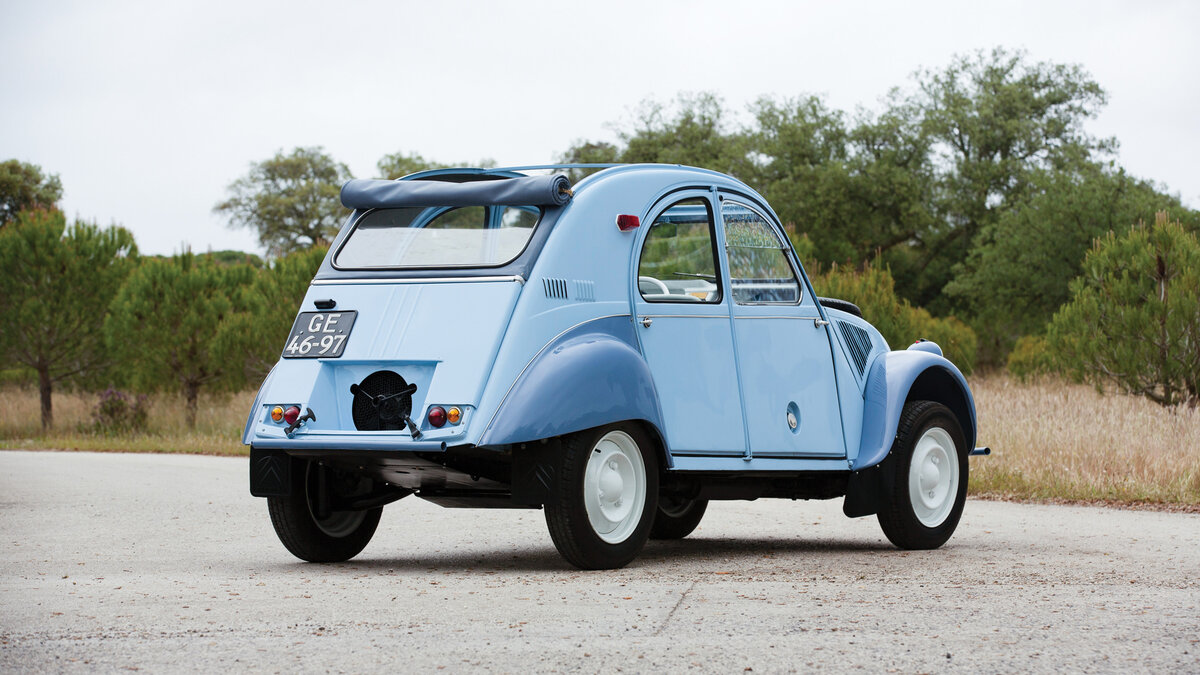
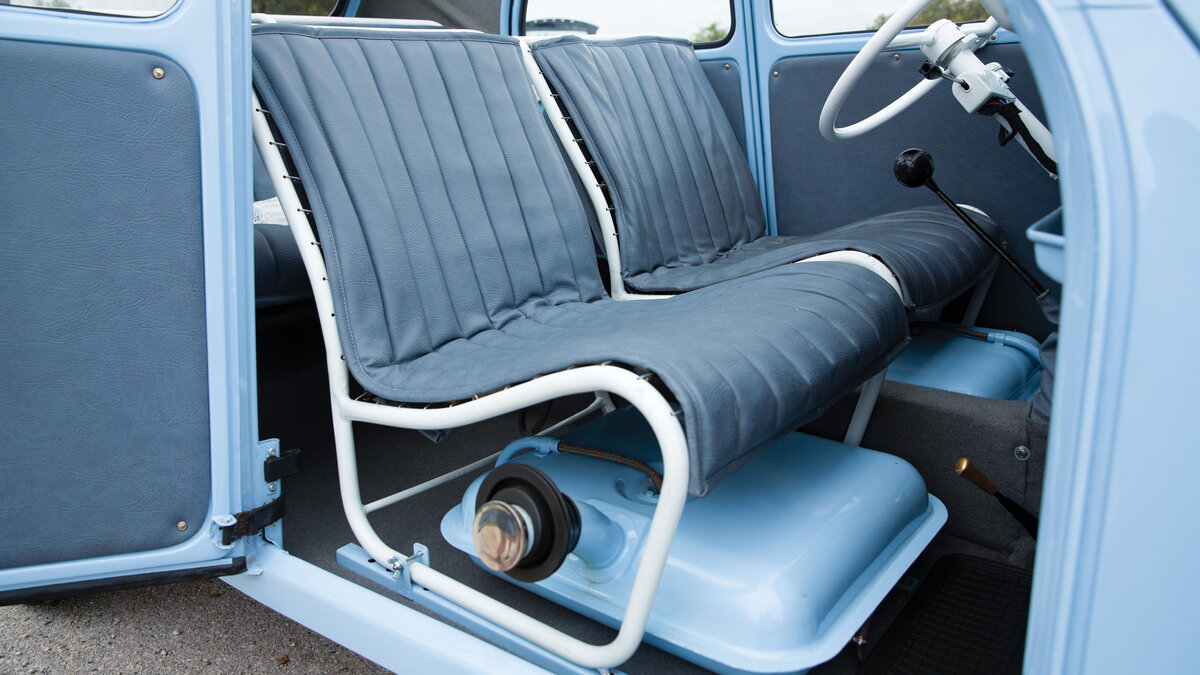
The need for a dual-engine 2CV arose during the time when France still had numerous colonies in North Africa. Much of this territory was desert, requiring lightweight, easily repairable, all-wheel-drive vehicles. As always, Citroen found an elegant and clever solution.
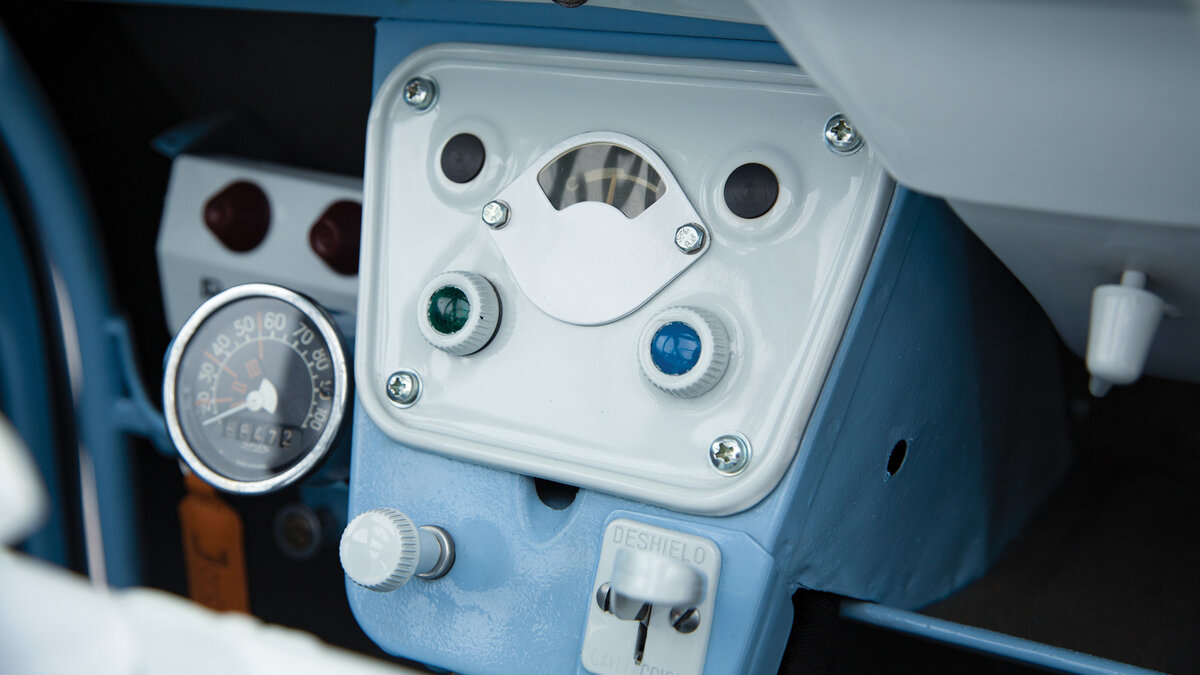
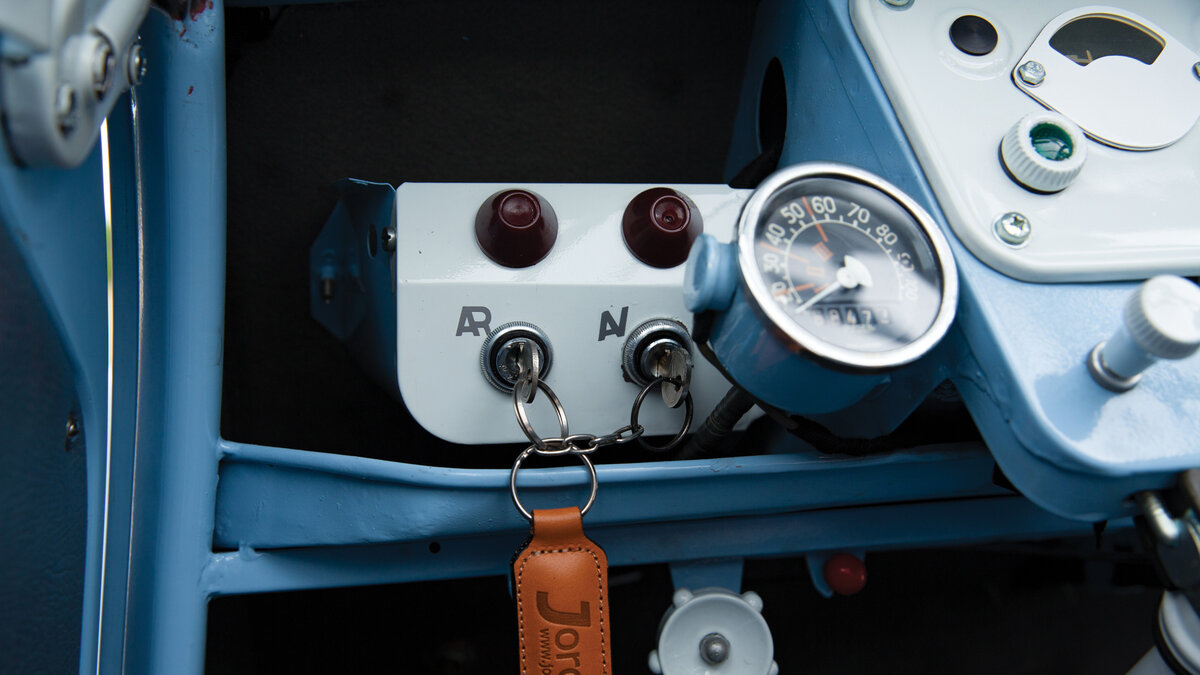
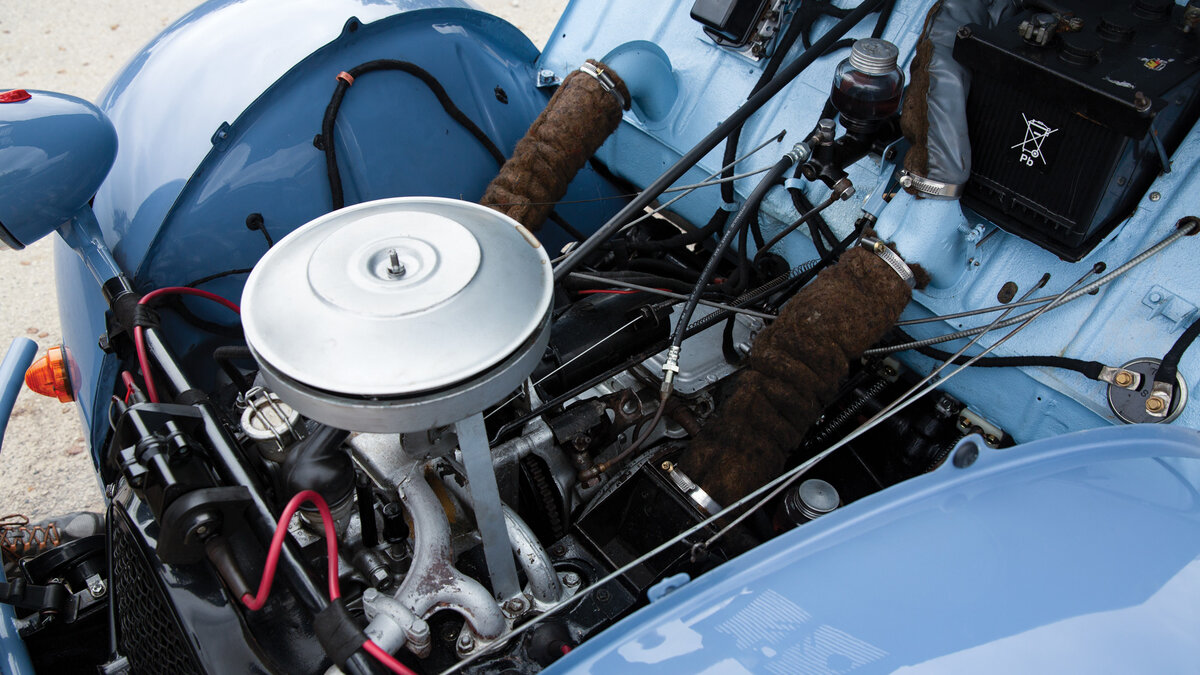
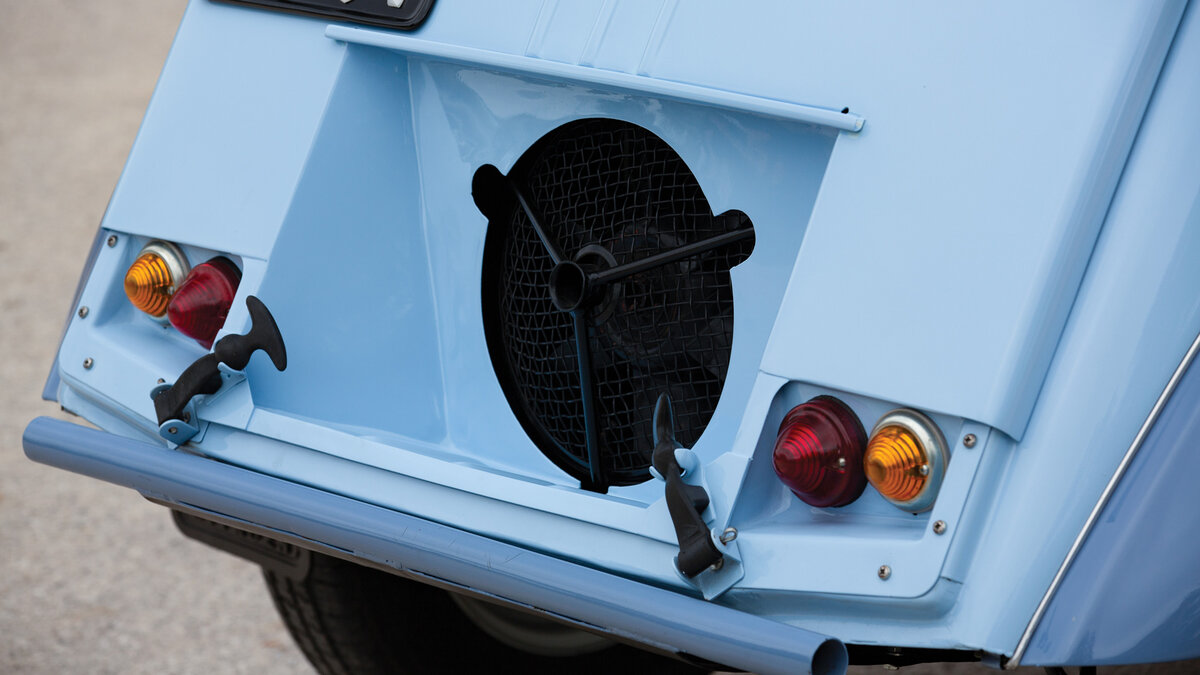
The 2CV 4×4 Sahara had two engines, each producing 12 horsepower. The front engine drove the front axle, and the rear engine powered the rear. Each engine had its own fuel tank and filler neck (mounted under the front seats), but there was only one gear lever and clutch pedal. With one engine, the Sahara could reach 65 km/h; with both, up to 105 km/h.
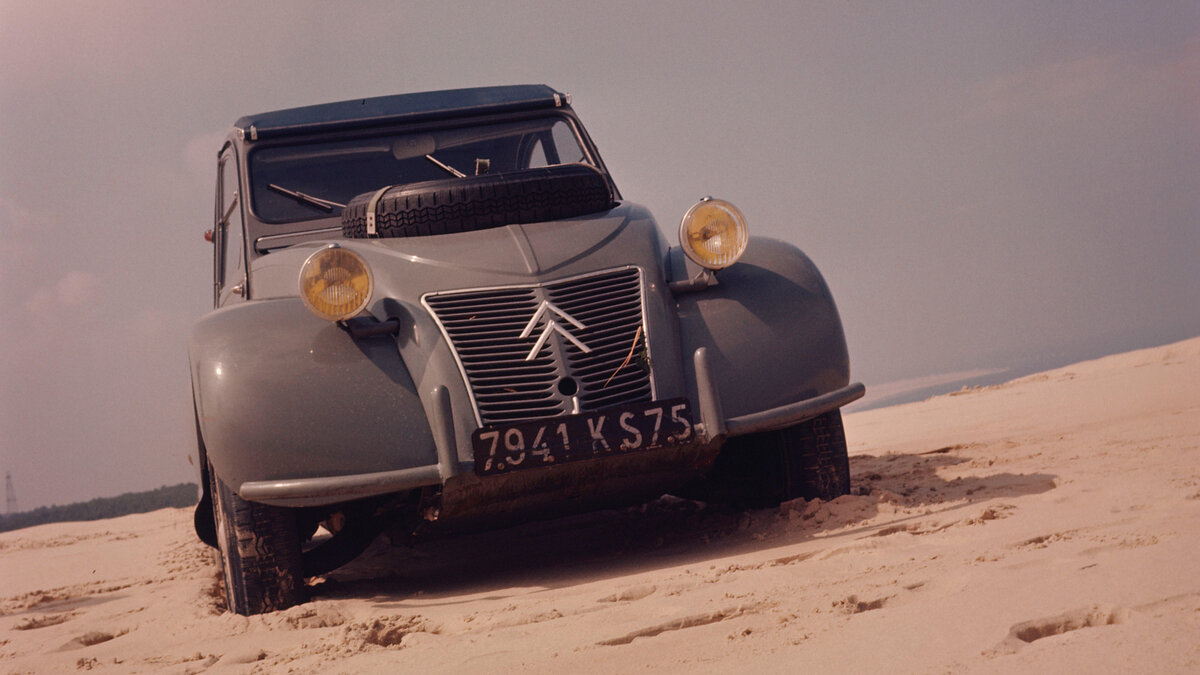
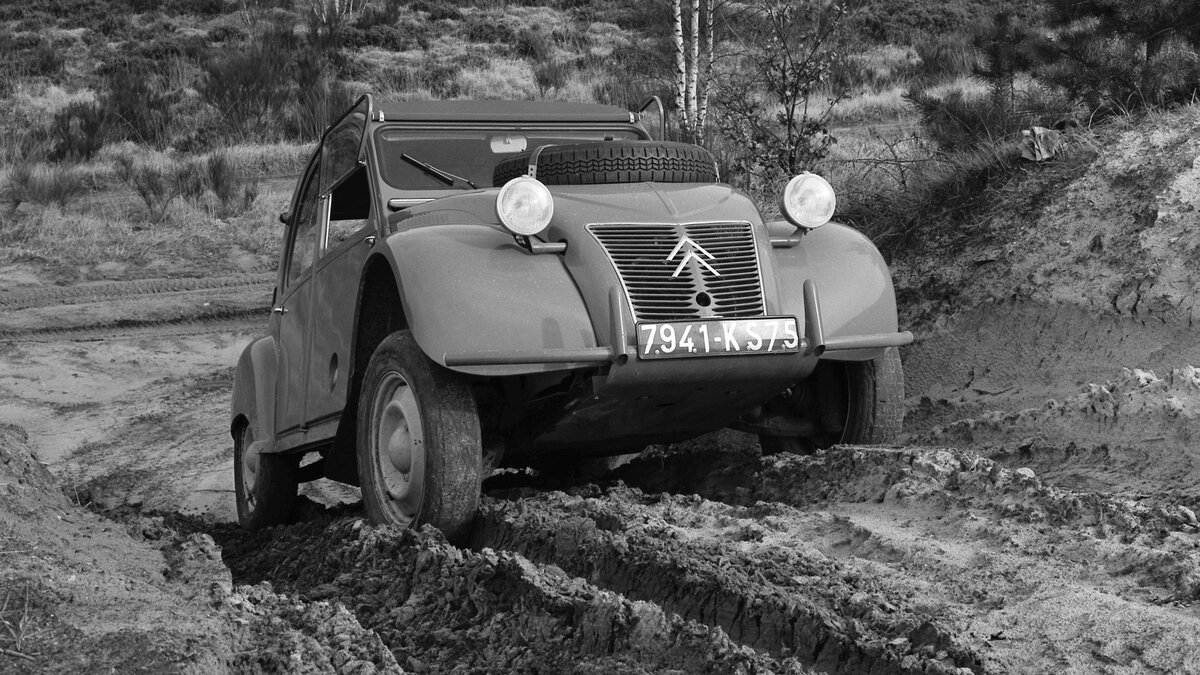
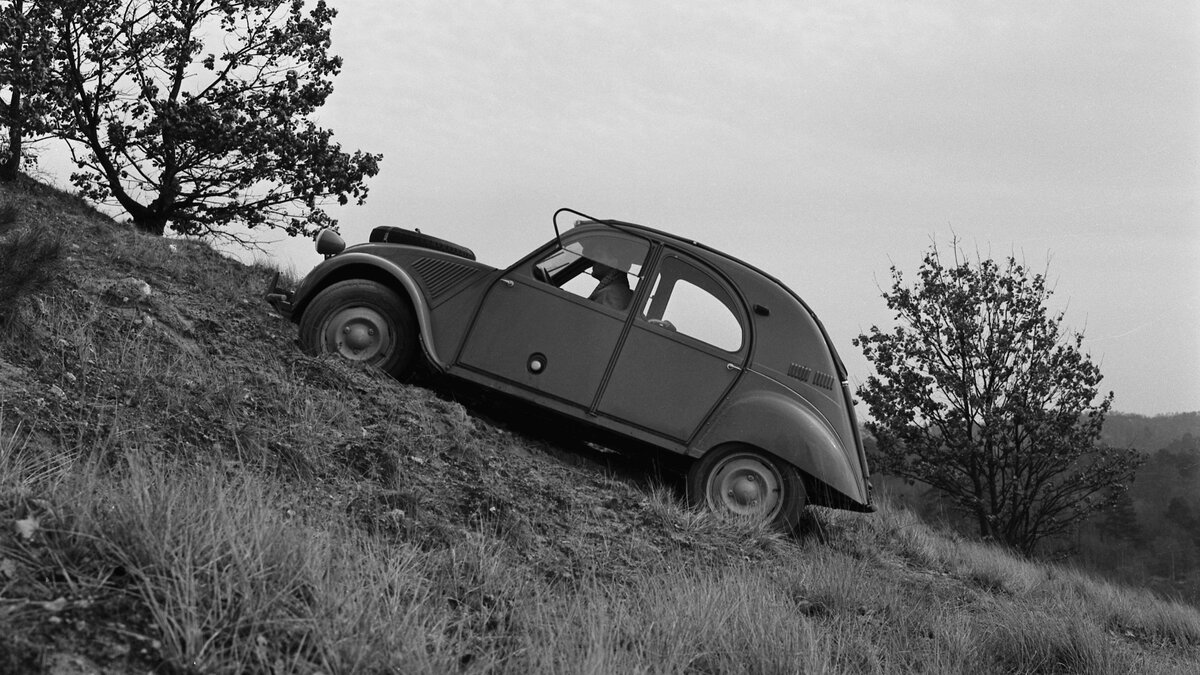
By the early 1960s, France had lost most of its colonies and completed decolonization by 1962, so the 4×4 “ugly duckling” never had a long African career. Instead, it found love among European off-road enthusiasts, which explains its high value today compared to other 2CV models.

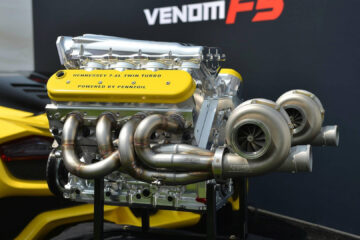
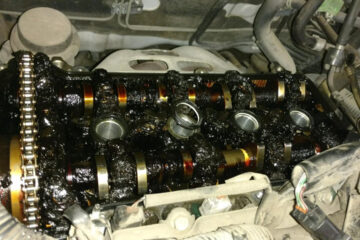
0 Comments